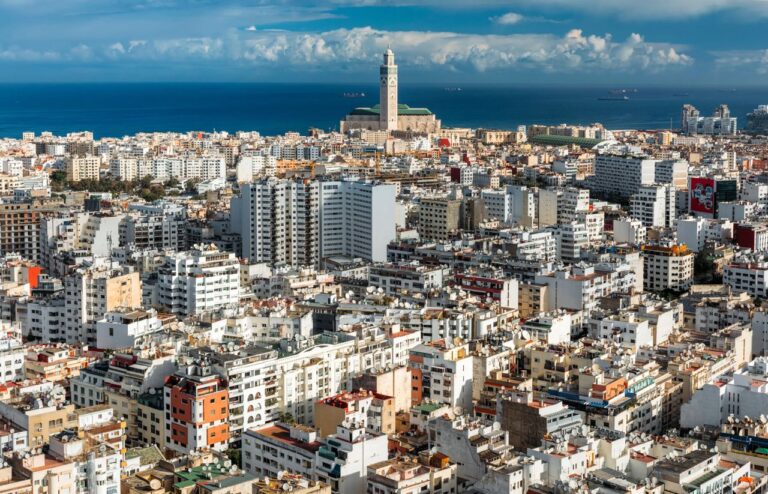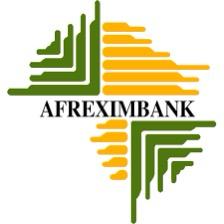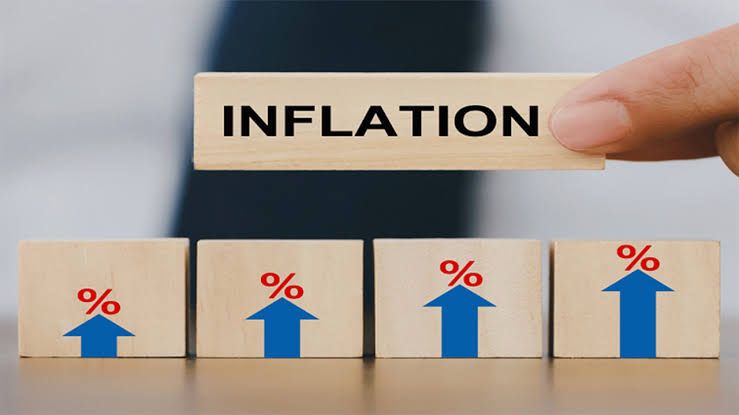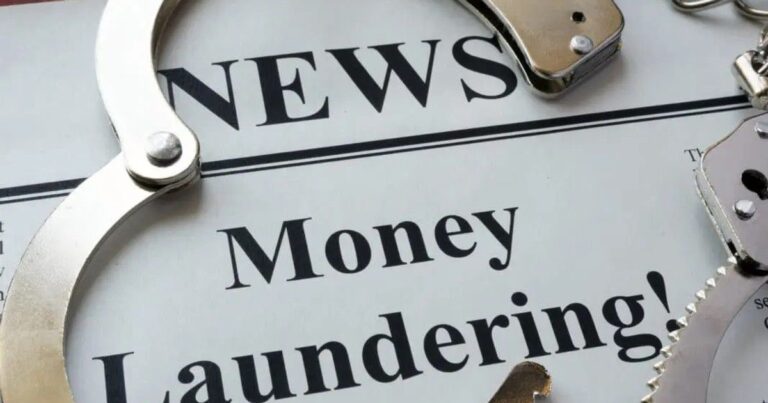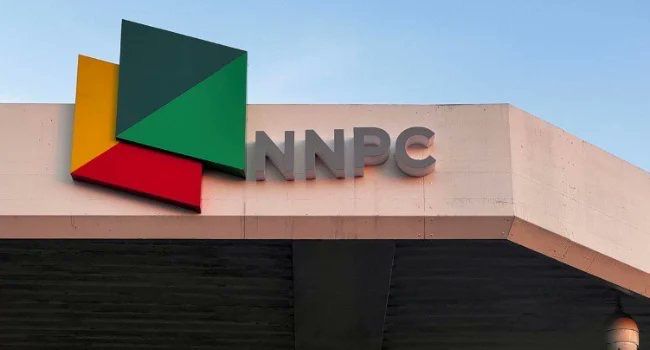Moody global credit agency upgrades Nigeria’s issuer ratings from ‘Caa1’ to ‘B3’ following economic stability achieved by the country’s “bold reforms.”
Moody Ratings a Global credit agency that evaluates the creditworthiness of various entities, including governments, corporations, and financial institutions. They assign ratings, which are opinions on the relative risk of default on an issuer’s financial obligations.
Moody’s ratings are used to assess the potential risk of loss for investors.
Issuer upgrade from moody boost investor confidence in Nigeria, as the country move from “Caa1 to B3, with a stable outlook, citing significant improvements in Nigeria’s external and fiscal positions.” The latest development aims to improve the country global image; Nigeria will be viewed as low credit risk by development partners. The ministry of finance issued a statement welcoming the development from the global credit agency.
“This decision reflects growing domestic and international confidence in Nigeria’s ongoing economic reforms and improvements in the country’s fiscal and external positions under the administration of President Bola Ahmed Tinubu.”
The development follows a similar improvement by Fitch Agency, which recently upgraded Nigeria’s credit ratings from ‘B-‘ to ‘B’ with a stable outlook.

It’s the second time Moody is upgrading the country’s rating since 2023, “following its previous upgrade from Caa1 Stable to Caa1 Positive in December 2023.” Moody attributed Nigeria’s new face to the government’s commitment to correcting macroeconomic imbalances, enhancing fiscal transparency, and implementing structural reforms, while highlighting key measures which includes: tax reforms and the adoption of a more flexible, market driven foreign exchange regime, which it noted, “has greatly bolstered external reserves.” However, foreign exchange reserves reached $23.11 billion at the end of 2024 the highest over the past 3 years, up from $3.99 billion in 2023, $8.19 billion in 2022, and $14.59 billion in 2021.
Mr. Wale Edun, Minister of Finance and Coordinating Minister of the Economy, said the upgrade is an ‘encouragement’ for the tinubu-led administration to stay on course with current economic reforms.
“We are encouraged by Moody’s recognition of our reform agenda,” the minister said.
“This positive outlook reflects our administration’s determination and the tremendous work being carried out across various ministries, departments, and agencies — including our monetary policy authorities at the Central Bank of Nigeria (CBN)” he added.
Meanwhile the CBN monetary policy committee, pegged policy rate at 27.50%. Mr. wale edun stressed this improvements will “stabilize the economy, attract investment, and ensure inclusive and sustainable growth for all Nigerians.”

Tinubu-led Administration.
Since taking office, in may 2023 the Tinubu-led administration has implemented tough but necessary policy measures to tackle long standing economic challenges; meanwhile some citizens and business stakeholders don’t agree with the policy, which they consider ‘harsh’.
However, this policy has led to enhanced revenue mobilization, improved public financial management, and strategic partnerships to unlock infrastructure financing and increase private sector participation.
Finance ministry noted the recent upgrade of Nigeria’s sovereign rating is particularly timely as the administration priorities “accelerating rapid, sustained, and inclusive growth, supported by both domestic and foreign private investment.”
“In partnership with Central Bank of Nigeria, the Ministry of Finance remains committed to preserving macroeconomic stability, ensuring debt sustainability, and maintaining sound fiscal management. The government will continue to collaborate with both domestic and international partners to boost investor confidence and enhance Nigeria’s global credit standing.” Ministry of Finance noted.






